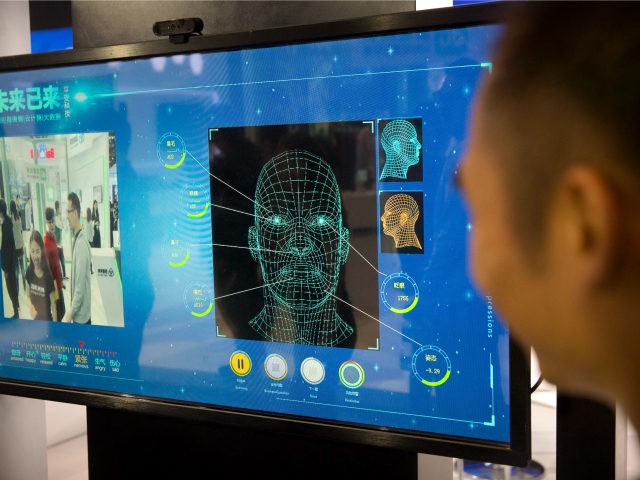Australia’s second-largest home appliance chain, The Good Guys, announced on Tuesday plans to temporarily pause a trial of facial recognition software it recently piloted in some stores after a consumer group submitted a formal complaint to Australia’s privacy regulator over the trial, citing privacy concerns, Reuters reported.
“Use of the technology by The Good Guys, owned by JB Hi-Fi Ltd, and two other retail chains was ‘unreasonably intrusive’ and potentially in breach of privacy laws,” the Australian consumer group CHOICE told the Office of the Australian Information Commissioner (OAIC) in a complaint published on June 27 and seen by Reuters.
The home appliance chain issued a press release on June 28 saying that it would temporarily “pause the trial of the upgraded security system with the optional facial recognition technology being conducted in two of its Melbourne stores” amid the OAIC’s probe.
“The technology was solely used to review incidents of theft, and for the purposes of customer and team member safety and wellbeing,” the statement read.
The Good Guys added that it takes “the confidentiality of personal information extremely seriously and remains confident that the trial complied with all applicable laws.”
The convenience store chain 7-Eleven Australia, which is based in the U.S., was forced to disable facial recognition technology used across 700 of its Australian stores in October 2021 after the OAIC found that it interfered with customers’ privacy. The state privacy regulator additionally ordered 7-Eleven Australia to destroy up to 3.2 million “faceprints” it had collected from customers “without consent” through the software over a ten-month period.
Detailing 7-Eleven Australia’s use of the facial recognition software in October 2021, the U.K.’s Guardian newspaper wrote:
In June 2020, 7-Eleven rolled out tablets in its 700 stores across New South Wales, the ACT, Victoria, Queensland and Western Australia to allow customers to fill in surveys.
Each tablet had a built-in camera that took photos of customers both when they started and completed the survey. The photos were uploaded to an Australian-hosted server, where the facial image was converted to an encrypted algorithmic faceprint, and a person’s approximate age and gender were recorded based on an assessment of the faceprint.
It was then cross-referenced with all other faceprints generated by the tablet in the previous 24 hours, and if there were any matches, they were flagged for review. The facial images were held by 7-Eleven for seven days and the company said the faceprints “effectively expired” after 24 hours, but did not say whether they had been deleted.
The OIAC in November 2021 “also ordered U.S. software developer Clearview AI, which collects images from social media websites to build profiles of people, to destroy data and stop the practice in Australia,” Reuters recalled on Tuesday.

COMMENTS
Please let us know if you're having issues with commenting.